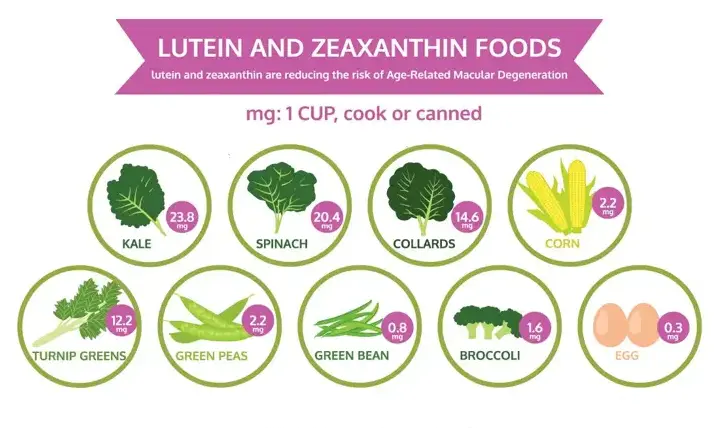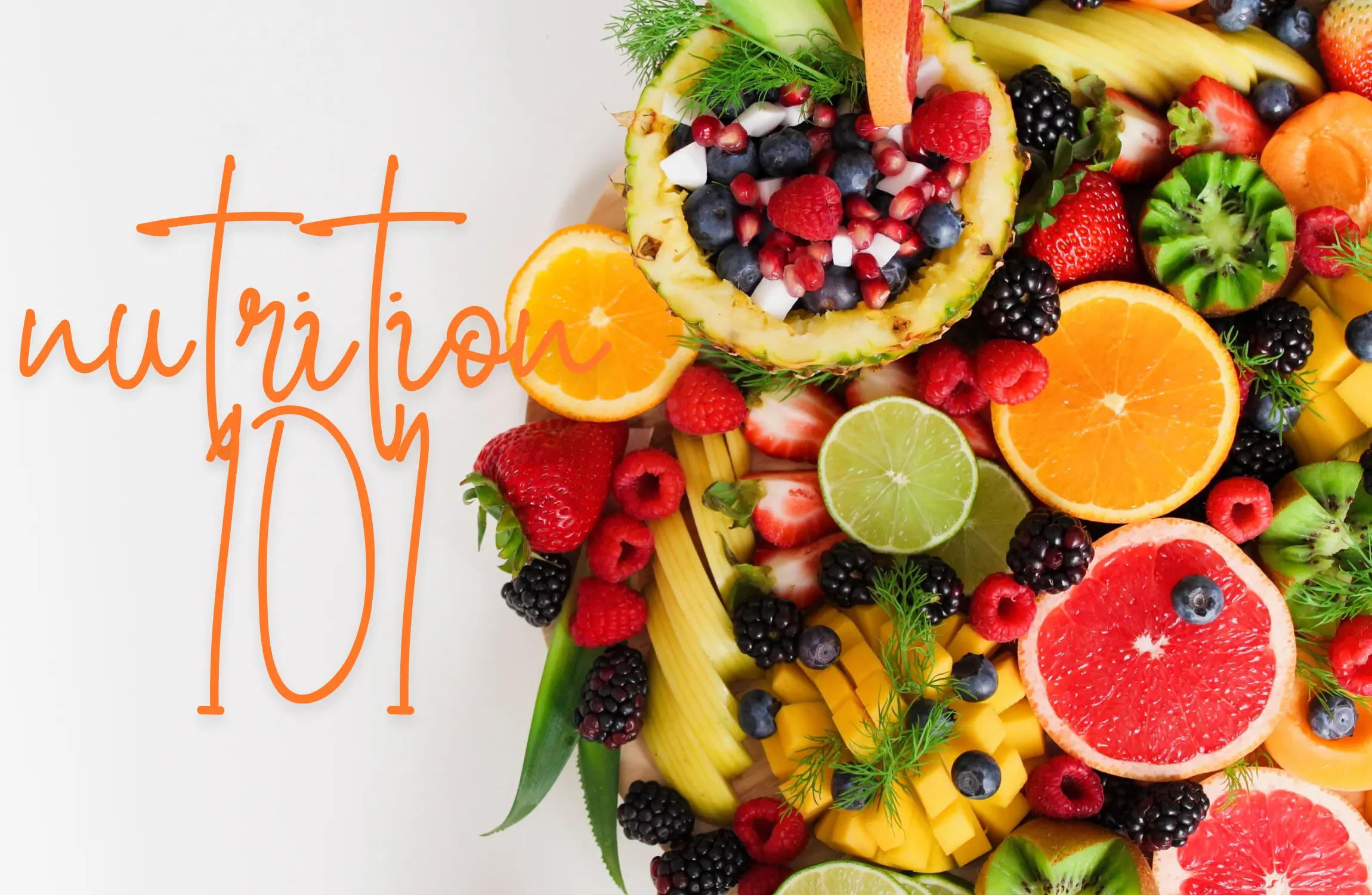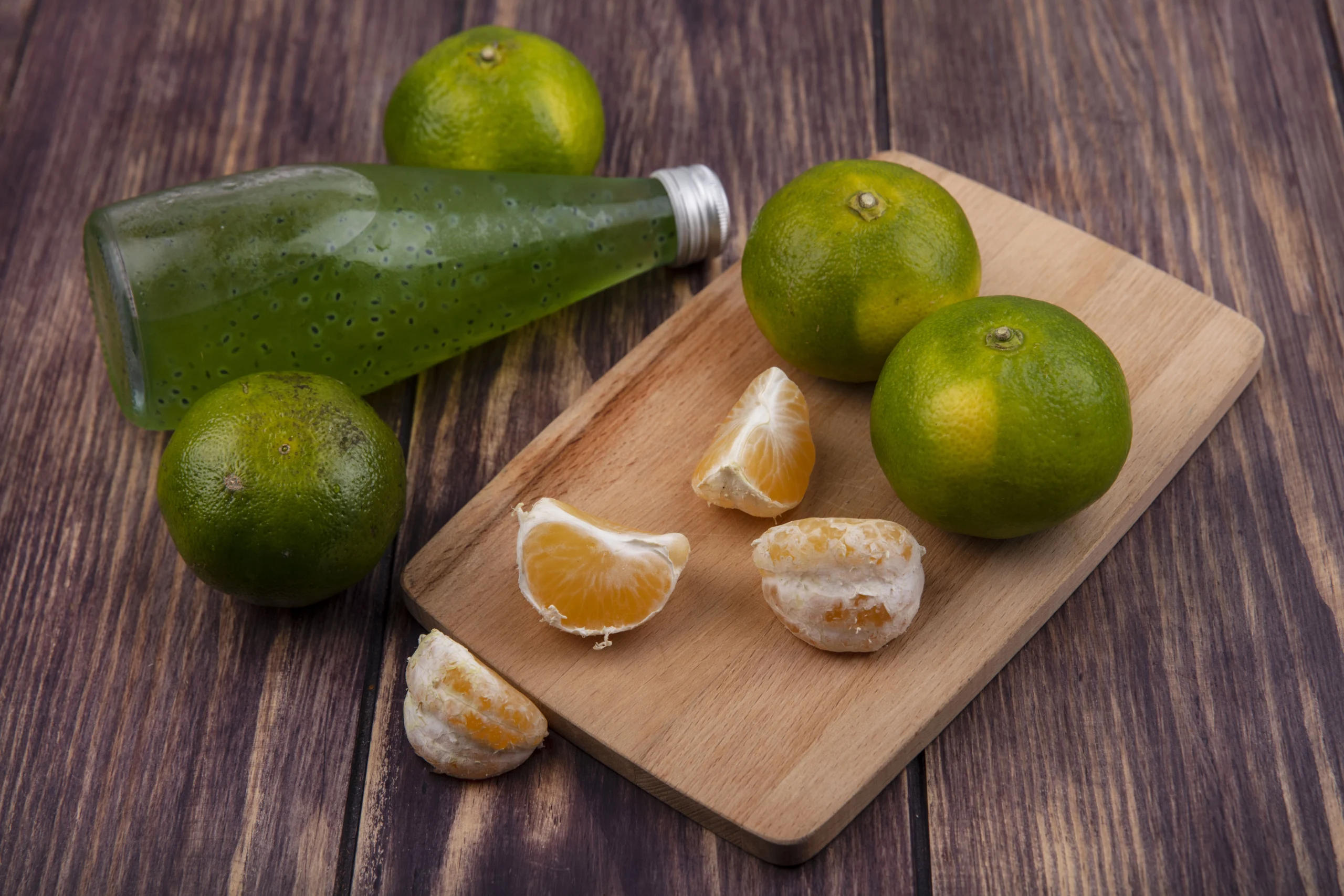In the vast universe of nutritional science, some micronutrients stand out for their specific benefits in basic human health domains. Lutein, a naturally occurring carotenoid found in a variety of foods, is highly regarded for its role in promoting and maintaining eye health. This article explores the importance of this nutrient, and its benefits for vision, and addresses common questions about its ability to repair damage to the eye.
Luten Controversy: What?
Lutein is one of more than 600 known naturally occurring carotenoids. Produced exclusively by plants, and found in large quantities in leafy greens such as spinach and kale, eggs, poultry, and other foods, it is known for its antioxidant properties and role in healthy eyesight.
The role of lutein in eye health
Absorption and Localization
This nutrient is absorbed from food sources and transported around the body, especially to those parts of the eye that need it, such as the macula and lens this nutrient in the macula contributes to macular pigment, which is important for protecting the eye from impact bad with oxidative stress and high-energy light.
Protection of eye diseases
Studies have shown that this nutrient plays an important role in reducing the risk of chronic eye diseases, including macular degeneration (AMD). Macular degeneration and AMD are major causes of irreversible blindness in old age. This nutrient helps protect eyes from blue -It has been done to reduce the risk of cataracts by protecting the lens from damage and increasing crystal clearance.
A good dietary source of lutein
In order to maximize the benefits of this nutrient on eye health, it is important to include lutein-rich foods in your diet. Good sources of this nutrient are:
Leafy greens: Kale, spinach, and Swiss chard are high in this nutrient. One serving of a ripe banana provides about 23.7 mg of lutein, making it one of the best snacks.
Other Fruits and Vegetables: Peas, pumpkin, carrots, and sweet potatoes are also good sources, although they contain less this nutrient than leafy greens.
Eggs: Eggs contain this nutrient in a soluble form, making them the ideal supplement for those who want to increase their volume.
Supplementation and lutein
While food sources are the best way to get this nutrient, supplements can be beneficial, especially for individuals who find it difficult to consume enough this nutrient through food alone, they are often combines lutein supplementation with zeaxanthin, another antioxidant with similar ophthalmic activity.
Lutein and overall health
In addition to its benefits for the eyes, this nutrient is believed to positively support skin and heart health by reducing oxidative stress and improving vascular health
Frequently asked questions
Why use lutein?
This nutrient is particularly known for its role in maintaining eye health and protecting against age-related eye diseases such as macular degeneration. Additionally, it supports skin and heart health due to its antioxidant properties.
Can lutein fix eyes?
This nutrient is important for maintaining eye health but the ability to reverse the effects of AMD restore vision lost due to cataracts or repair existing eye damage is limited its antioxidant properties can help reduce some eye diseases that have slowed progression and improve visual function in some cases.
Is Lutein Safe for the Liver?
Lutein is generally considered safe for the liver and overall health when taken in recommended food sources or amounts or as a supplement As a natural ingredient found in many vegetables and fruits, many people take this nutrient regularly without it any problems. There are no known toxic effects of lutein on the liver. In fact, because of its antioxidant properties, lutein can help reduce oxidative stress, which can indirectly benefit liver health.
Is lutein better than vitamin A for the eyes?
As detailed earlier, both lutein and vitamin A provide important benefits for eye health, but with different functions:
Lutein acts primarily as an antioxidant by protecting against damage from blue light and oxidative stress. It is especially useful in the prevention of macular degeneration (AMD) and age-related macular degeneration. This nutrient is stored specifically in the macula, the active part of the retina.
Vitamin A is essential for maintaining good vision, especially in low-light conditions. The retina is part of the optic nerve and is important for cataracts and retinal health. Vitamin A deficiency can lead to serious conditions such as night blindness and xerophthalmia.
Conclusion
Commonly referred to as the “eye vitamin,” lutein is a powerful nutrient with great benefits for light health. A natural lutein-rich diet or supplement can help protect the eye from disease, maintain overall eye function, and contribute to good health if it may not cure existing eye conditions even though, the benefits of prevention make it an important part of a health-focused diet. Understanding the role and benefits of this nutrient can enable individuals to make informed choices about their nutrition and eye health.




